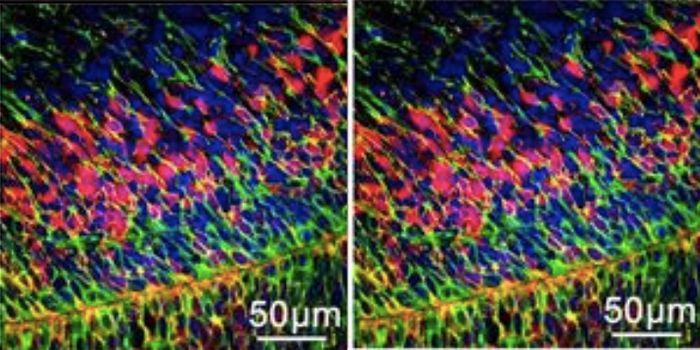Epigenetic Defects Are More Common in People Than Thought
The genome still holds many secrets, some of which probably have a direct relationship to human disease. Beyond genes that code for protein and long non-coding regulatory stretches of sequence, the activity of the genome is also influenced by its three-dimensional structure, as well as chemical tags that can attach to DNA. These biological changes that be passed on to future generations, but do not involve changes in the sequence of the genome are referred to as epigenetics. New research has shown that there are defects throughout the human epigenome, many of which occur in genes that are known to be involved in disease. The epigenome may, therefore, have an underappreciated role in human health and illness.
Epigenetic changes are known to be important, but changes in epigenetics were not thought to be a common cause of disease. This work suggests otherwise, and indicates that genetic studies that analyze changes in the sequence of DNA may be missing critical, deleterious alterations that are occurring in the epigenome.
"Because the epigenetic variants we identify would not be detected by genome sequencing, yet can lead to the dysregulation and silencing of genes known to be linked with heritable diseases, our work shows that some types of disease-causing mutations will be missed by standard genetic testing that only looks at DNA sequence," explained study leader Andrew Sharp, Ph.D., Associate Professor, Genetics and Genomic Sciences, Icahn School of Medicine at Mount Sinai.
In this study, reported in the American Journal of Human Genetics, the researchers examined a common epigenetic marker called methylation in over 23,000 people. This may be the first time that epigenetic profiles have been created at the population level.
Thousands of changes or epivariations were revealed. The findings suggest that epivariants are relatively common in humans. The investigators also showed, importantly, that epivariants are linked to aberrant gene expression. These changes in epigenetics appear to be happening in genes that are related to or are predicted to be involved in human disease.
This work showed that in some cases, epivariations can be caused by rare sequence mutations that interfere with regulatory features in the genome. About one-third of epivariants seem to occur randomly and post-zygotically, meaning that some will be passed on to descendants, but the ones that happen later on in development or during a person's lifetime will probably not be.
This work may help provide some new insight into how the human genome functions, and the significance of epigenetic changes that are both heritable and non-heritable.
Sources: AAAS/Eurekalert! via Mount Sinai Hospital, American Journal of Human Genetics









